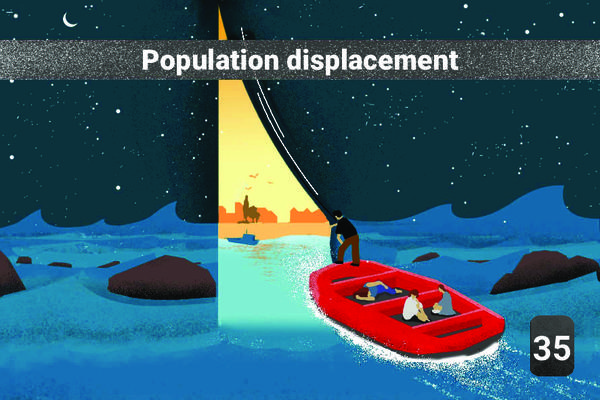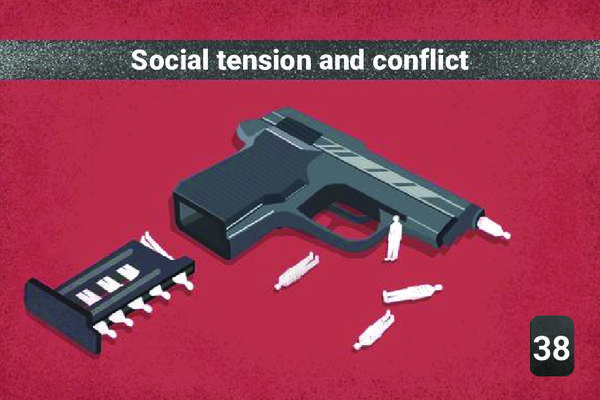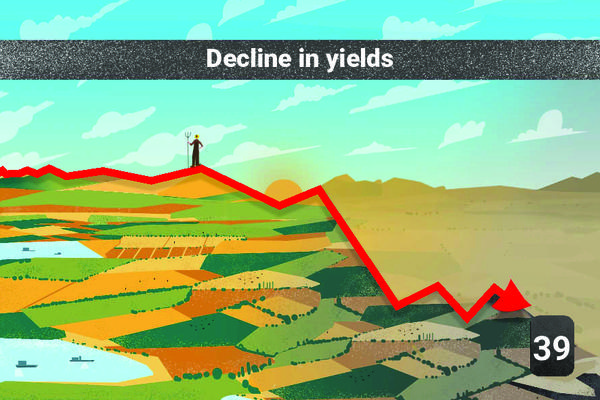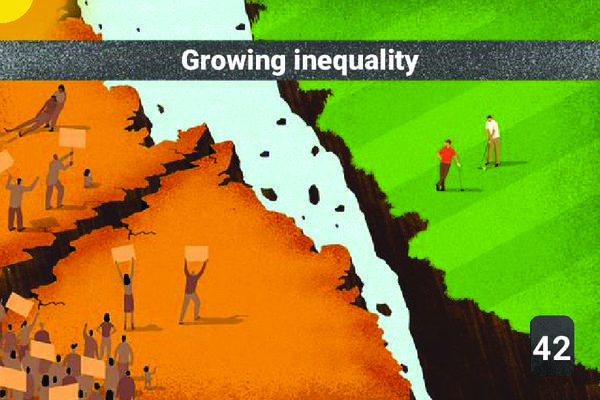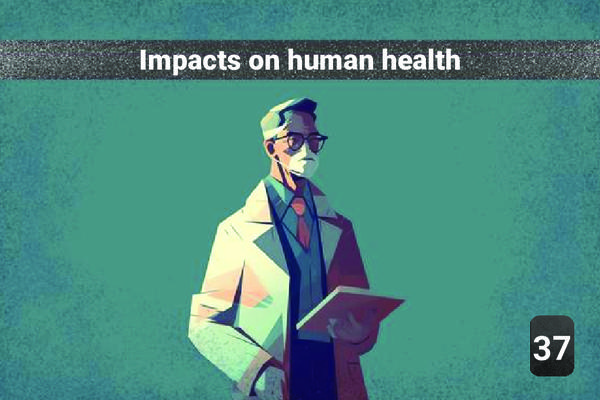36 - Famines
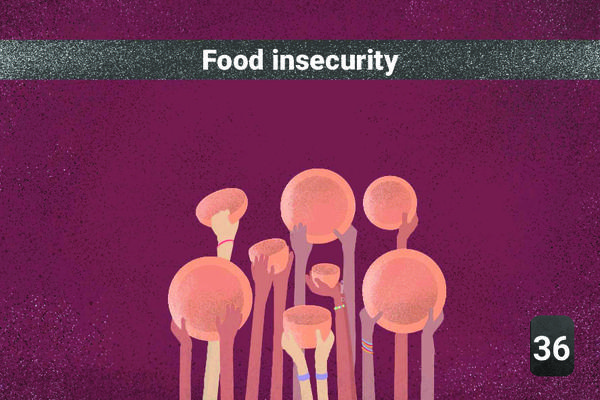
✏️ This explanation does not yet exist in your language… Just click here or send an email to fdn.memo@marc-antoinea.fr and suggest your translation!
4Causes
Armed conflicts can cause famine.
Declining agricultural yields and the collapse of marine biodiversity can lead to famine.
Growing inequality has an impact on famines, as it limits equitable access to food resources and weakens the ability of the poorest populations to cope with crises. Here are the main reasons: Inequalities in access to food: the rich can buy food even in times of shortage, thanks to their purchasing power, while the poor, with inadequate incomes, cannot. When prices rise (e.g.: 2007-2008 food crisis), the poorest are the first to go hungry. Concentration of agricultural land: Inequality encourages land grabbing by large corporations or elites, depriving small farmers of their means of production. In South Sudan or Ethiopia, for example, this loss of access to land reduces communities' ability to grow their own food, making them vulnerable to famine. Dependence on unstable markets: the poor, often excluded from agricultural production, are dependent on the purchase of food. When inequalities widen the income gap, they don't have the means to absorb economic shocks (inflation, speculation), unlike the rich who maintain their supplies. Weak safety nets: In unequal societies, governments or institutions often neglect aid programs (subsidies, food reserves) for the most destitute. During the famine in Yemen, exacerbated by the war, the poor were abandoned while the better-off found alternatives.

